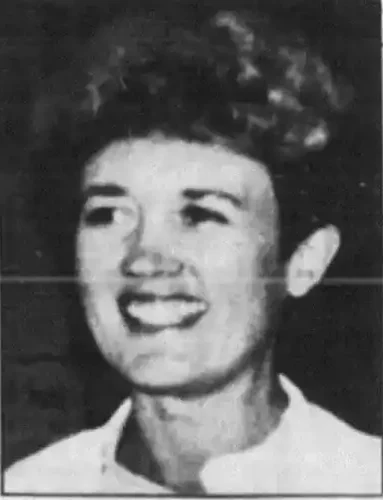The recent identification of Carol Ann Riley’s remains, found at Lake Mead, has brought renewed attention to a series of cold cases spanning several decades. Riley, a nurse from San Diego, disappeared in 1986 while dating a man initially identified as Robert Howard Smith, later revealed to be Robert Dean Weeks. Weeks, linked to multiple disappearances, was convicted in 1988 for the murders of his wife Patricia Weeks and Cynthia Jabour, although their bodies were never found.
The discovery has reignited hope among the families of Weeks’ other suspected victims. Sarah Bowie, granddaughter of Patricia Weeks, believes her grandmother’s remains might also be in Lake Mead. The impact of these unsolved cases continues to haunt families, with multiple generations affected by the uncertainty and trauma of unanswered questions.
In 1987, a rancher discovered human remains at Lake Mead, which were later confirmed to belong to Riley through advanced forensic testing. This breakthrough underscores the progress in forensic technology and its vital role in solving long-standing mysteries. The Mohave County Sheriff’s Office and other law enforcement agencies have been praised for their persistent efforts in these cold cases.
The complex web of disappearances connected to Robert Weeks depicts a grim chapter in history, highlighting the enduring pain of unresolved cases. Despite Weeks’ death in 1996, his alleged crimes continue to impact the families of his victims, who seek closure and justice. Advances in forensic science and the dedication of law enforcement agencies provide hope that more answers may emerge from the past.

























